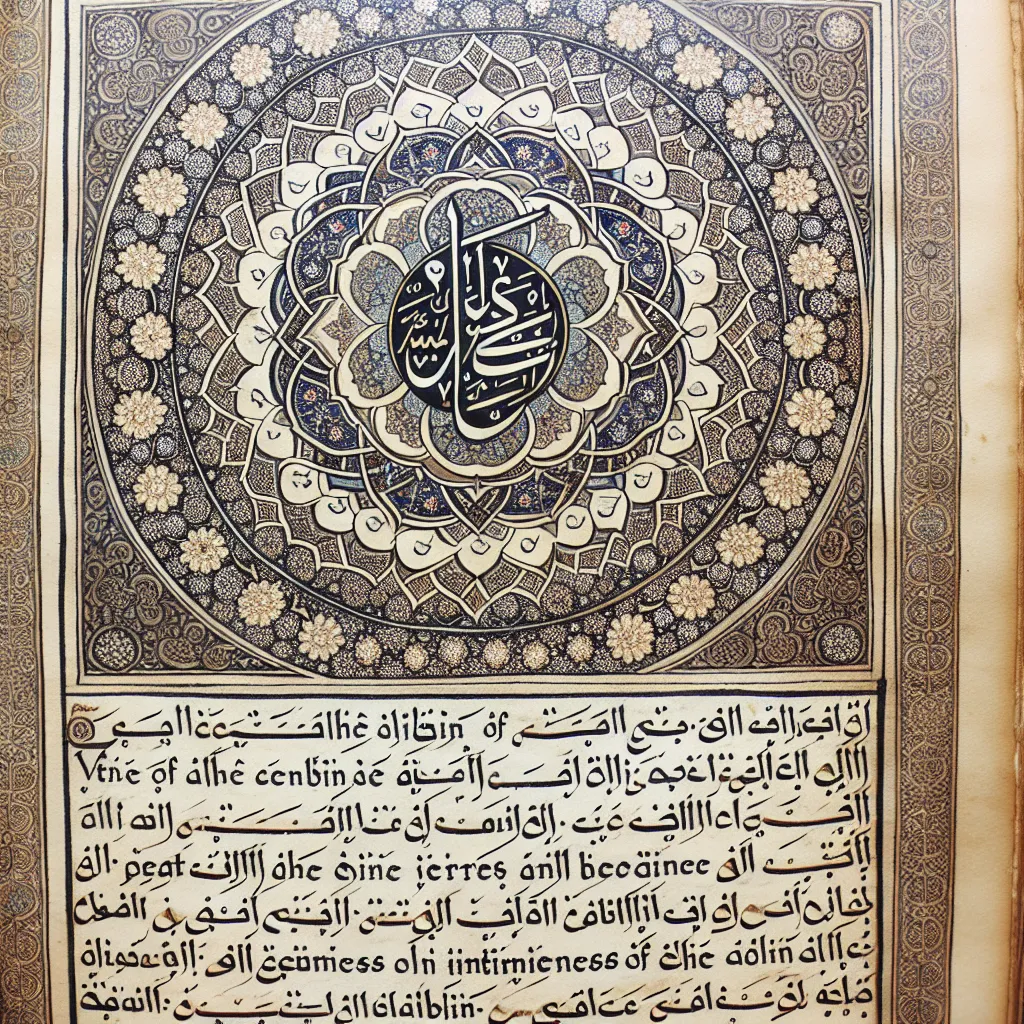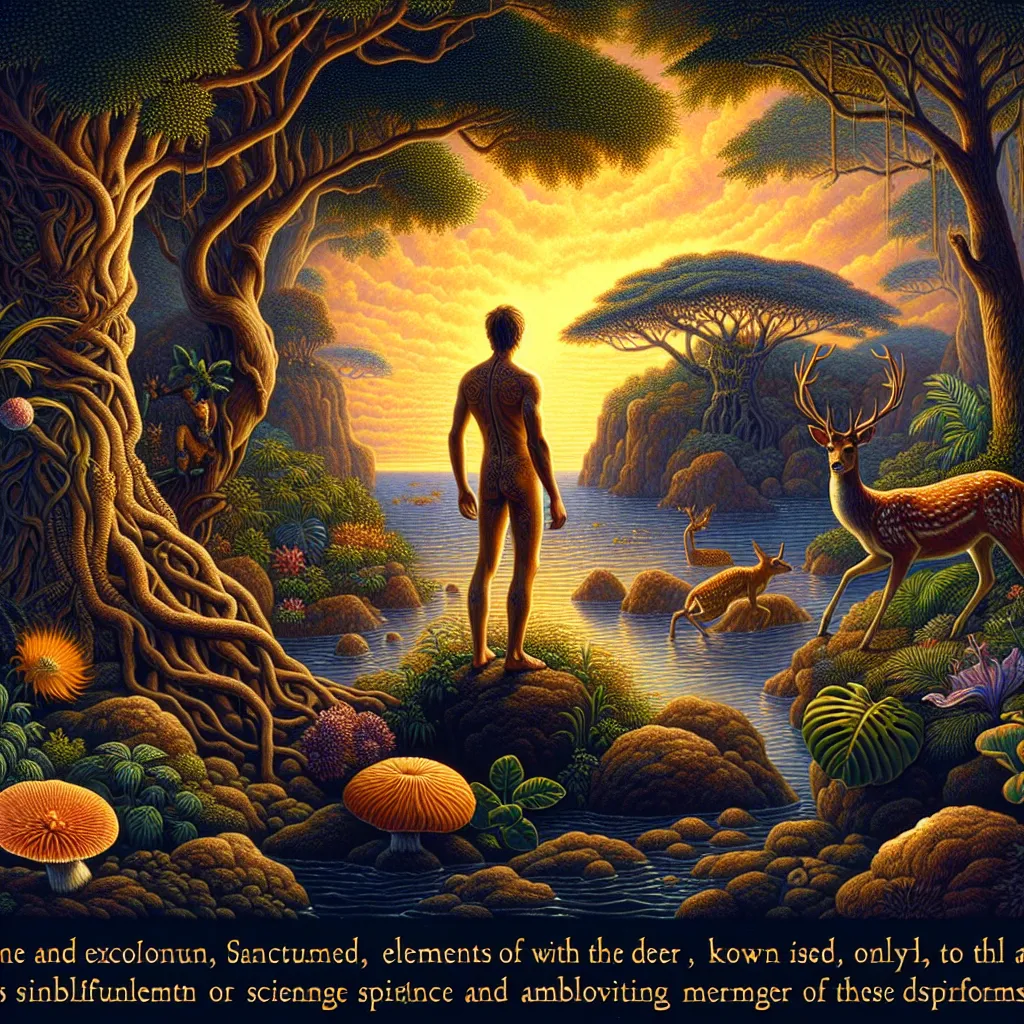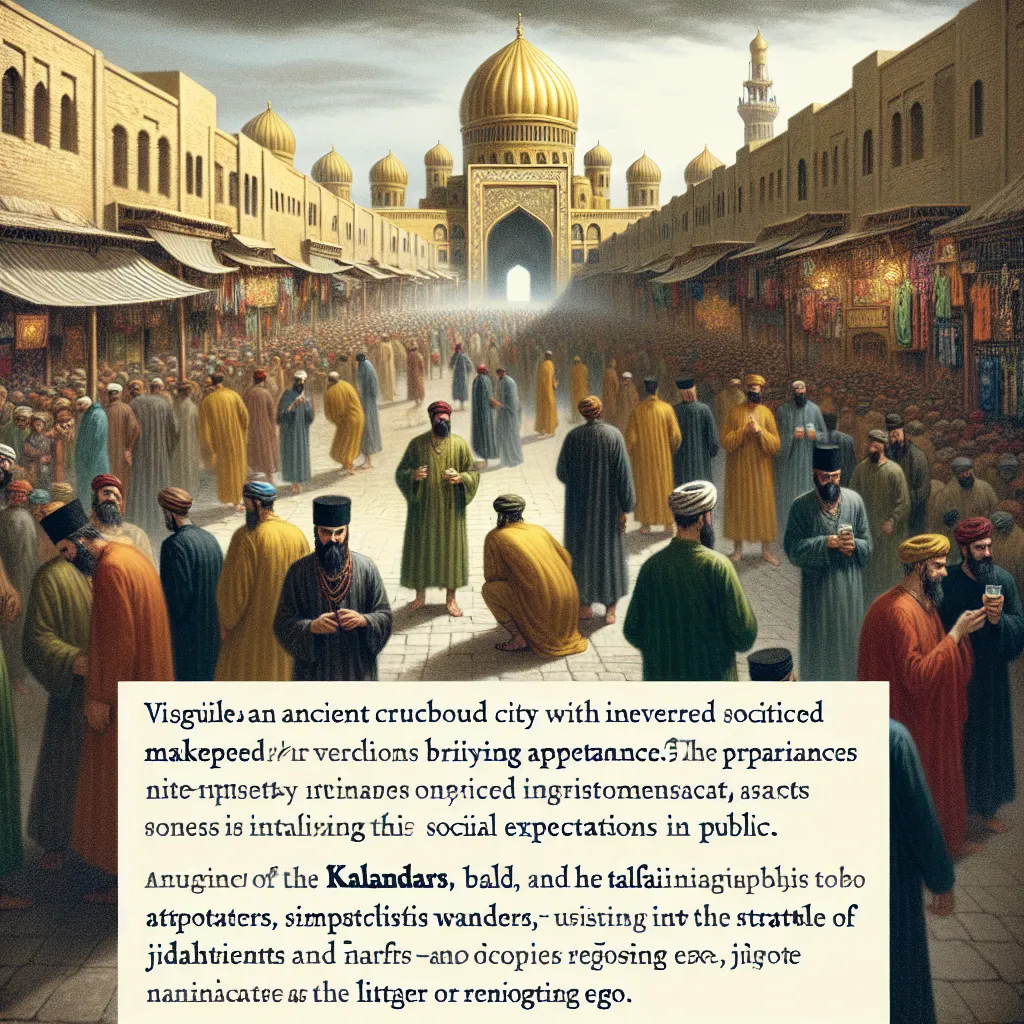One of the most awe-inspiring accomplishments in the realm of mystical poetry is surely the poem “Ataya El Kubra,” also known as “The Great Ode” or “Nasma Suluk,” which roughly translates to “The Poem of the Sufi Way.” This masterpiece, written with an impeccable rhyme scheme centered on the letter “T,” stands as the longest mystical poem in the Arabic language, boasting an impressive 761 verses.
But it’s not just the poem’s length that makes it notable. “Ataya El Kubra” is celebrated for being one of the most profound articulations of the mystical journey and the experience of divine Oneness ever written.
In the first section of this incredible piece, the poet embarks on a quest for union with the ultimate Beloved, which is none other than God. This desire for unity and oneness is a recurring theme that is explored in various ways throughout the poem.
As the verses unfold, the poet describes a state of complete annihilation, where he becomes entirely absorbed and intoxicated by the divine presence. In this elevated spiritual state, there is no sense of individuality or multiplicity—only the overwhelming reality of God remains.






